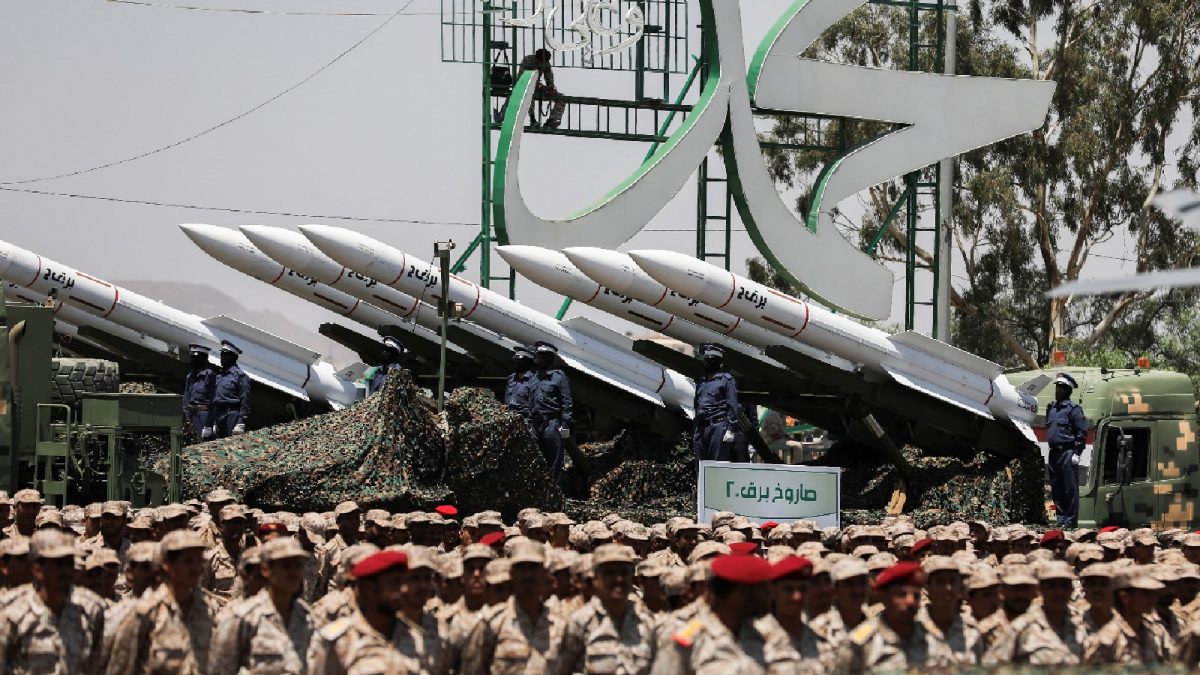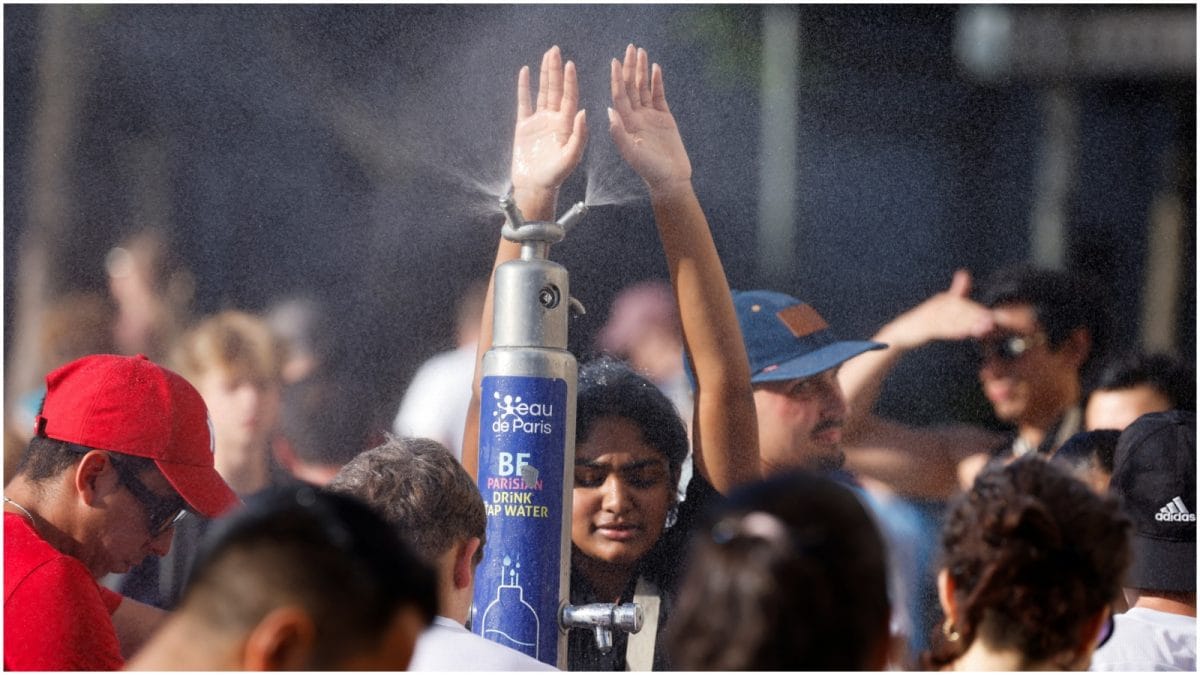Last Updated:May 19, 2025, 23:50 IST
Covid-19 infections are once again on the rise in Asia, primarily in Hong Kong and Singapore, raising concerns in the region.

New COVID-19 Wave Hits Hong Kong And Singapore: How are authorities dealing with it?
The resurgence of Covid-19 in Asia, primarily in Hong Kong and Singapore, has again raised concerns across the region, prompting respective local authorities to take steps to contain the infection.
Countries in the world have time and again seen a rise in Covid cases intermittently; however, just as a wide opinion was formed about people attaining immunity to the virus, a new wave has struck the two densely populated cities.
Singapore and Hong Kong recently reported a steep rise in cases, raising fears in the minds of the public and concerns among health authorities.
COVID Cases In Data
In early May 2025, Singapore reported a sharp rise in Covid-19 cases, with infections increasing from around 11,100 in the last week of April to about 14,200 in the first week of May—a 28% surge in just one week. Hospitalisations also rose by approximately 30% during the same period.
Meanwhile, Hong Kong is witnessing its highest Covid-19 activity in a year, with a growing number of severe cases and deaths. The city reported 31 Covid-related deaths in the week ending May 3, the highest weekly toll in the past year.
Hong Kong reported 1,042 Covid-19 cases in the week ending May 10, up from 972 cases the previous week. The city has seen a steady rise in infections since early March, when weekly cases stood at just 33, according to the Hong Kong government.
How Are Health Authorities Dealing With New COVID Wave?
The governments in both Singapore and Hong Kong are closely monitoring the situation and have asked people to get vaccinated and follow Covid-19 protocols.
Singapore’s Health Ministry has requested high-risk people to get a booster dose of the vaccine. The authorities have also asked people to adhere to the Covid norms, such as wearing masks outside of homes, washing hands every now and then, and self-quarantining in case of infection or ill-health.
Hong Kong’s health authorities are also on high alert and urged the local population to get themselves tested as much as possible and isolate themselves in case of positive results. The government has also emphasised on getting people vaccinated to curb the further spread of the virus.
“Members of the public are advised to maintain strict personal and environmental hygiene at all times for personal protection against Covid-19 infection and prevention of the spread of the disease in the community," the Hong Kong government said in an advisory.
Both cities are densely populated, which contributes to the rapid spread of the virus. Besides, sewage surveillance in Singapore and Hong Kong has detected high levels of the virus, indicating widespread community transmission.
Which Variant Of COVID-19 Is Found In Hong Kong And Singapore?
The current rise in cases is linked to new Covid variants related to the Omicron JN.1 strain, officials have said.
In Singapore, two subvariants of JN.1—named LF.7 and NB.1.8—are behind more than two-thirds of current Covid-19 cases. These variants are also targeted by the latest Covid-19 vaccines available in Singapore. However, these updated vaccines are not yet available in some countries, including India.
Hong Kong, on the other hand, has also recorded a surge in cases linked to the Omicron JN.1 variant.
The health authorities of both Hong Kong and Singapore have underlined that no such evidence has been found so far to back the claims that these new variants spread more easily or cause a more severe illness in comparison to previous versions.
The symptoms are generally mild to moderate, but the high number of cases can still disrupt daily life and put pressure on healthcare systems.
Why This Sudden New Wave?
Experts say the main reason for the surge is waning immunity. Over time, protection from past infections or vaccinations weakens, making it easier for the virus to spread—especially among high-risk groups like the elderly, immunocompromised individuals, and those with underlying health issues.
Seasonal factors may also be contributing, as respiratory viruses often spread more in certain weather conditions. Increased social gatherings and travel are further adding to the rise in cases.
Location : First Published:News world Covid-19 Cases In Hong Kong, Singapore: How Are Authorities Dealing With This Sudden Wave?

 1 month ago
1 month ago















